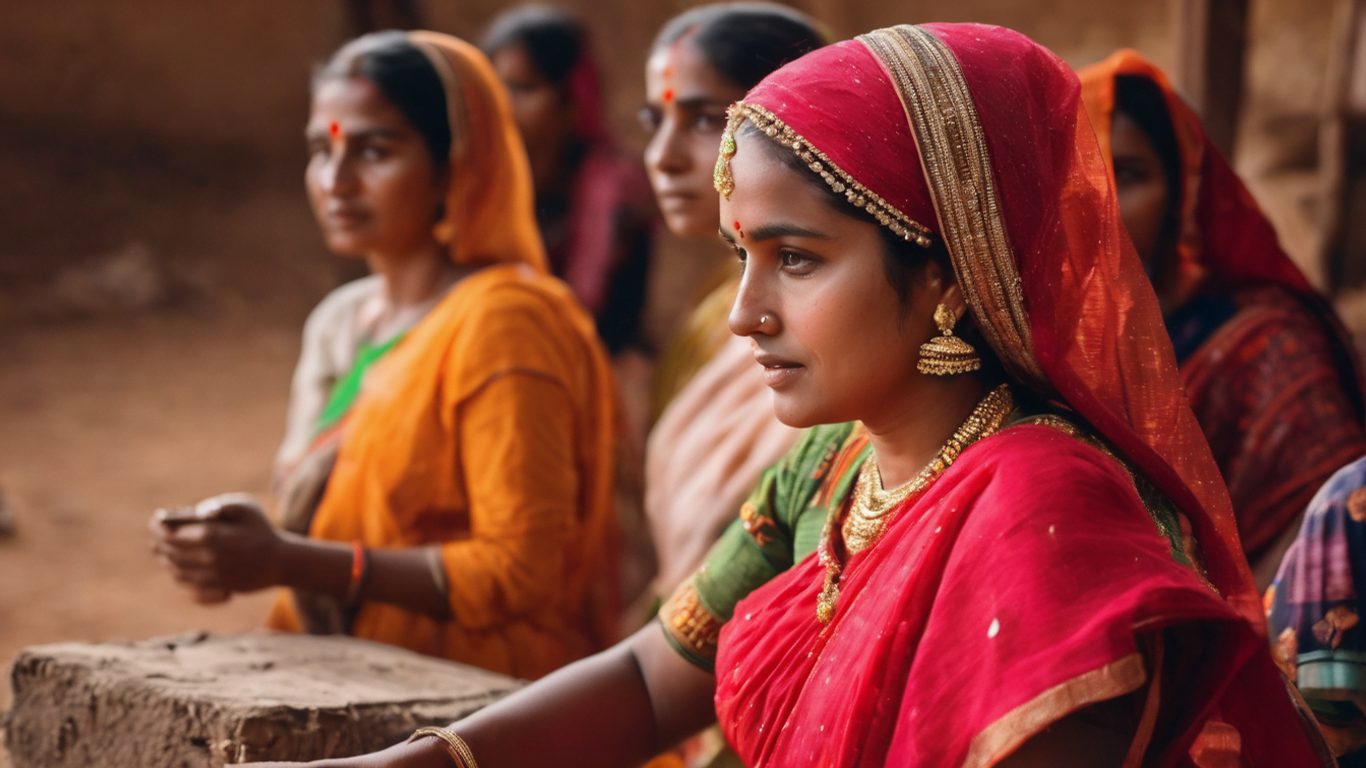The essential ingredients of empowerment: Empowerment is a multifaceted concept that encompasses various aspects of an individual’s life, including social, economic, and political dimensions. It is the process of enabling individuals or communities to gain control over their lives, make informed decisions, and participate actively in societal matters. In this article, we will delve into the essential ingredients of empowerment, with a specific focus on the role of panchayats as agents of political empowerment.
The essential ingredients of empowerment
1. Education
The essential ingredients of empowerment :Education is often considered the cornerstone of empowerment. It equips individuals with knowledge, critical thinking skills, and the ability to understand complex issues. In the context of empowerment, education provides people with the tools to make informed decisions, access opportunities, and challenge inequality.
2. Economic Independence
The essential ingredients of empowerment: Economic independence is another crucial aspect of empowerment. When individuals have access to economic resources and opportunities, they gain financial autonomy. This, in turn, enables them to make choices that align with their goals and aspirations, reducing dependency on others.
3. Access to Healthcare
Good health is fundamental to empowerment. Access to healthcare services ensures that individuals can lead productive lives without being hindered by illness or disease. Empowered individuals can access medical care, make informed health decisions, and prioritize their well-being.
4. Gender Equality
Gender equality is a vital ingredient in the empowerment of women and marginalized groups. It involves dismantling gender-based discrimination, ensuring equal opportunities, and promoting women’s participation in all spheres of life.
5. Social Support
Strong social support networks contribute significantly to empowerment. Individuals with a supportive community feel encouraged to pursue their goals and overcome challenges. Social connections provide emotional and practical assistance.
6. Political Participation
Political participation plays a central role in empowerment, especially in the context of democracy. It involves voting, engaging in civic activities, and having a voice in policymaking. Political empowerment allows individuals to shape the direction of their communities and nations.
The Role of Panchayats in Political Empowerment
Panchayats, which are local self-governing bodies in India, have emerged as essential agents of political empowerment, particularly in rural areas. Here’s how they contribute to this process:
1. Grassroots Democracy
Panchayats provide a platform for grassroots democracy, where individuals at the local level can participate in decision-making processes. Through elections and active involvement in panchayat meetings, people have a direct say in community matters.
2. Representation of Marginalised Groups
Panchayats are instrumental in ensuring the representation of marginalised groups, including women and Scheduled Castes and Tribes. This representation is vital for addressing the needs and concerns of these communities and promoting their empowerment.
3. Empowering Local Leadership
By nurturing local leadership, panchayats empower individuals to take on community leadership roles. This not only enhances their political skills but also encourages them to advocate for their communities’ development.
4. Decision-Making Power
Panchayats have the authority to make decisions on various local issues, including education, healthcare, infrastructure, and social welfare programmes. This decentralization of power allows citizens to influence policies that directly affect them.
Conclusion
Empowerment is a multifaceted concept that encompasses education, economic independence, access to healthcare, gender equality, social support, and political participation. Panchayats, as local self-governing bodies, play a pivotal role in political empowerment by promoting grassroots democracy, representing marginalised groups, empowering local leadership, and decentralizing decision-making power. In essence, they act as catalysts for political empowerment at the grassroots level.
FAQs
1. What is the significance of education in empowerment?
Education is The essential ingredients of empowerment that equips individuals with knowledge and critical thinking skills, enabling them to make informed decisions and challenge inequality.
2. How do panchayats contribute to grassroots democracy?
Panchayats provide a platform for local citizens to participate in decision-making processes, allowing them to have a direct say in community matters.
3. Why is gender equality essential for empowerment?
Gender equality ensures equal opportunities and promotes the participation of women and marginalized groups in all aspects of life.
4. How can individuals achieve economic independence?
Economic independence can be achieved through access to economic resources and opportunities, which enable financial autonomy.
5. What is the role of social support in empowerment?
Social support networks provide emotional and practical assistance, helping individuals pursue their goals and overcome challenges.
